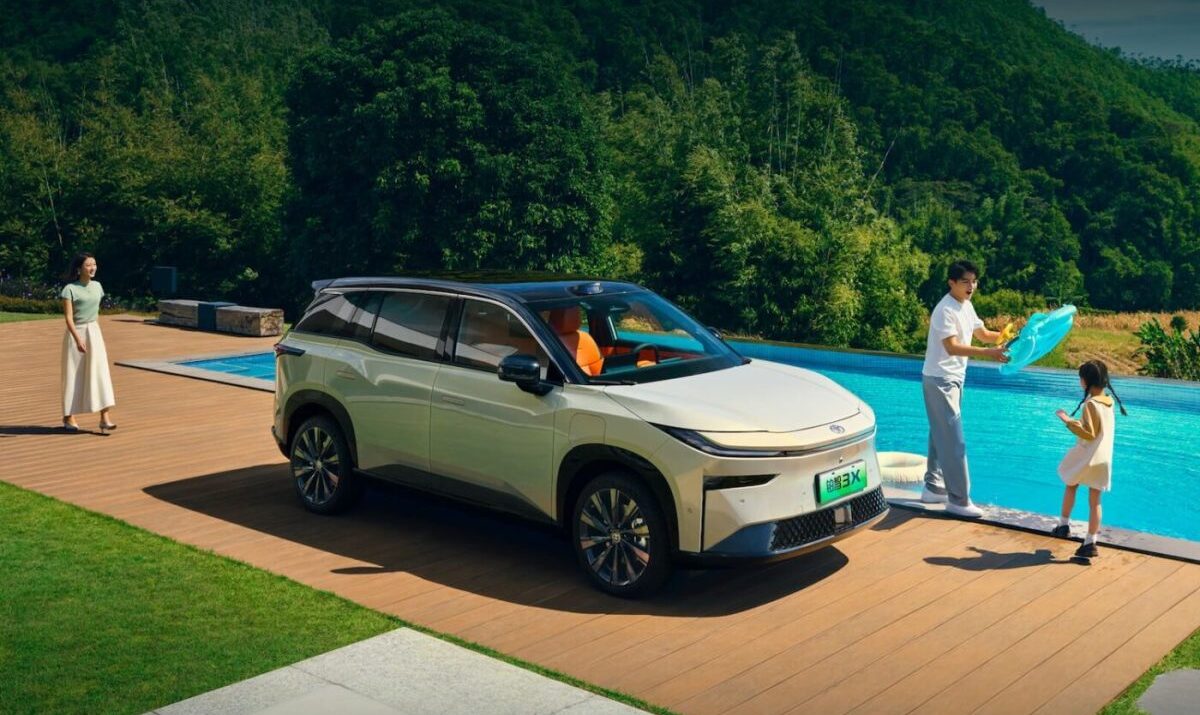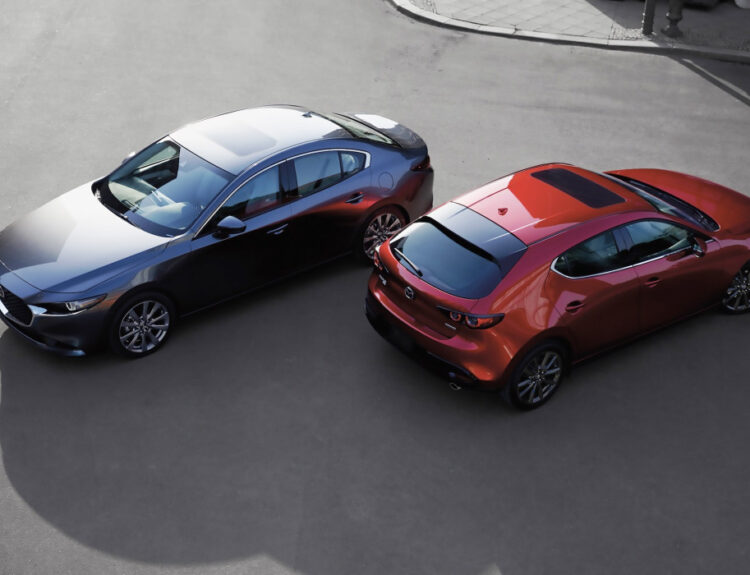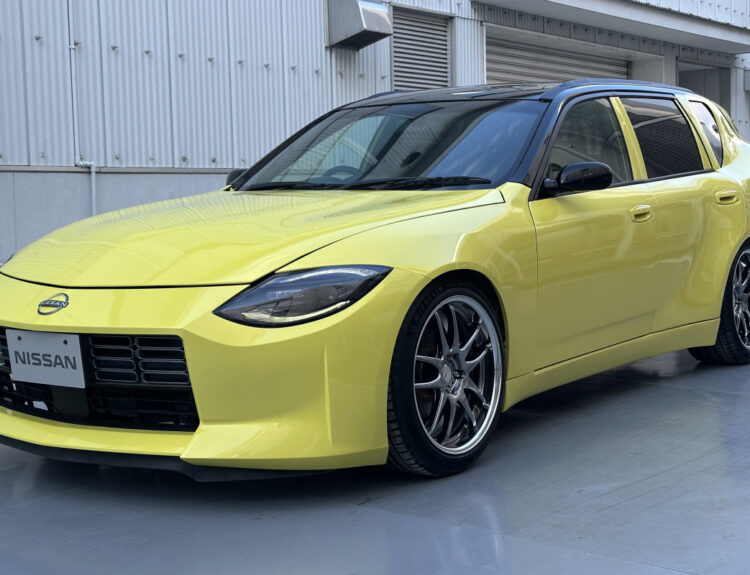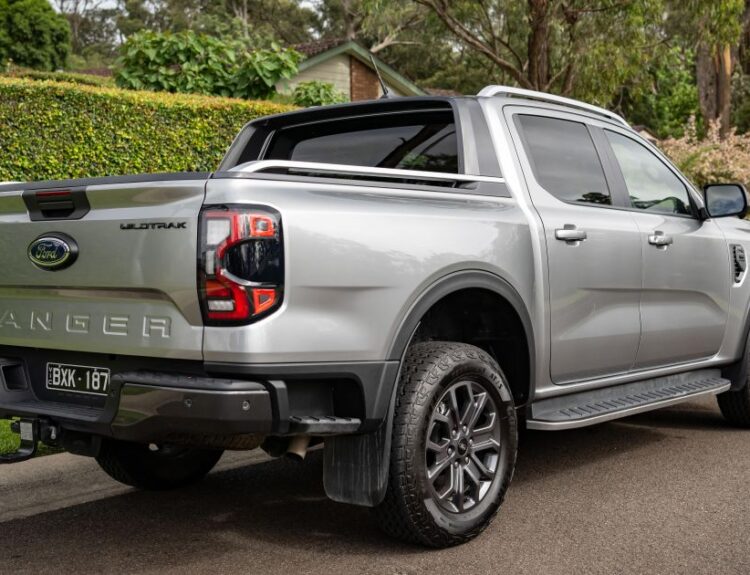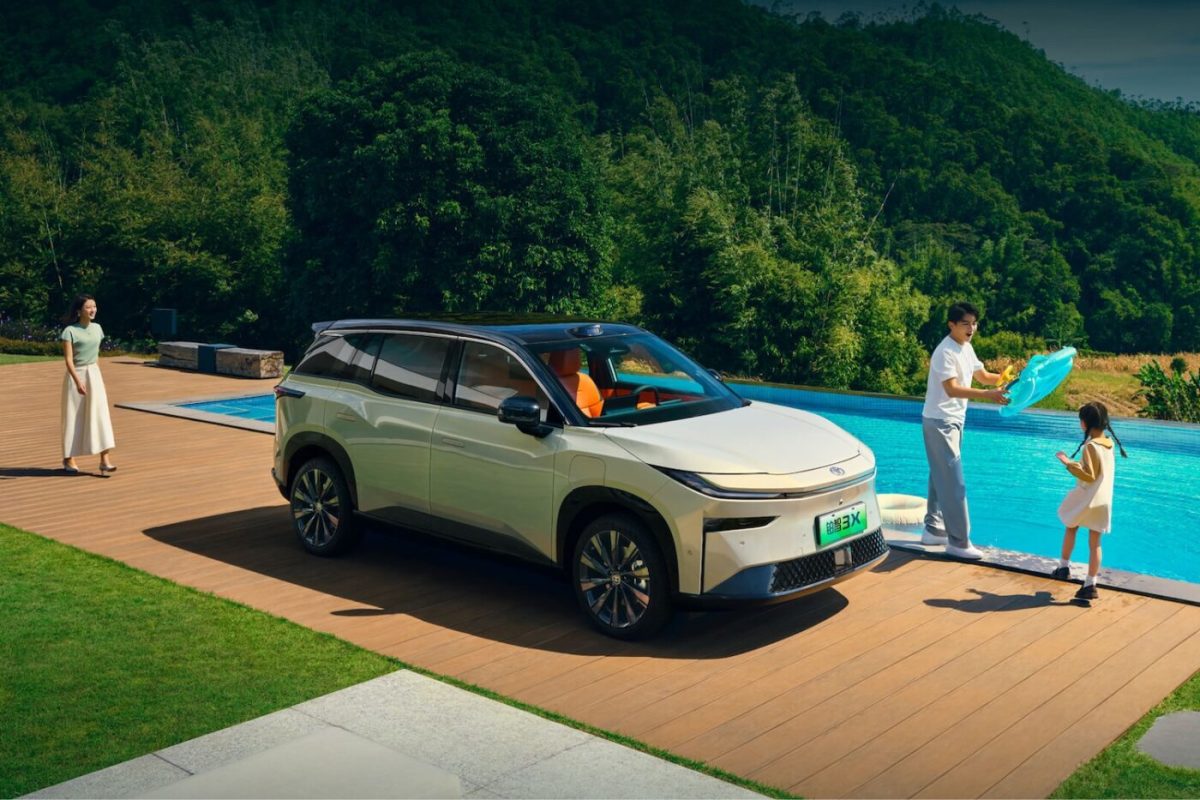
Toyota has long articulated its perspective on electric vehicles, but this perspective seems to differ by region. While the automaker has notably lagged in the U.S. with only one electric vehicle available for the 2024 model year, its strategy appears far more aggressive in China. There, Toyota, in conjunction with its joint venture partner GAC, is poised to introduce a new all-electric SUV for the 2025 model year—a move that suggests a more robust commitment to the EV market in that region.
Introducing the Toyota bZ3X: A Game-Changer at $13,800
The Toyota bZ3X follows the naming convention of the company’s initial collaborative electric vehicle with Subaru and is designed with the value-oriented consumer in mind. The base model features a 50 kWh battery, offering an impressive 267 miles of range on a single charge, and is powered by a single electric motor that generates 221 horsepower.
At first glance, these figures may not seem revolutionary, especially when compared to the North American bZ4X, which boasts a range of 252 miles. However, more advanced variants of the bZ3X promise ranges of 323 miles and 385 miles, respectively. What’s particularly striking is the price disparity: while the bZ4X starts at a substantial $43,070 in the United States, the bZ3X offers a starting price of just $13,800, with the top-tier model capping at $27,500.
Although the battery specifications for these higher-end versions remain undetermined, a compact SUV achieving a 385-mile range surpasses the Tesla Model Y’s EPA-estimated 337 miles. It’s important to note, however, that range estimates can vary significantly between the Chinese and American markets, warranting a degree of caution when interpreting these figures.
A Comprehensive Feature Set
In a market where lower prices often lead to compromised features, the Toyota bZ3X defies expectations. The vehicle comes outfitted with a standard 14.6-inch touchscreen display and an 8.8-inch digital instrument cluster. The entry-level version boasts an 11-speaker Yamaha audio system and a wireless smartphone charger, ensuring that buyers receive substantial value for their investment.
Not to be overlooked is Toyota’s unwavering commitment to safety. The bZ3X is equipped with an impressive array of safety technologies, including 11 high-definition cameras, lidar, 12 ultrasonic sensors, and three millimeter-wave radars. While lower labor costs in China contribute to the vehicle’s affordability, Toyota’s focus on delivering a feature-rich, budget-friendly electric SUV is unmistakable.
U.S. EV Plans: A Cautious Approach
Toyota’s hesitance regarding electric vehicle adoption in the United States is certainly understandable, yet it contrasts sharply with the global shift toward electrification. This cautious stance has led to notable delays in the company’s American EV initiatives.
Initially, Toyota aimed to manufacture a three-row electric SUV at its Kentucky facility by the close of 2025. However, production timelines have shifted to early 2026, which coincides with plans for another electric SUV to roll out at the Indiana plant the same year. Additionally, plans for a Lexus EV have been scrapped, further illustrating the tightened timeline.
Despite investing over $2.5 billion in its Kentucky and Indiana facilities, Toyota now forecasts the rollout of seven new EVs in the U.S. by 2026. However, given the aforementioned delays, it appears unlikely that any new models will come to fruition before then.
Final Considerations
Size-wise, the bZ3X closely resembles the popular RAV4, which may explain why it is not set to enter the U.S. market. Should it become available, it would certainly carry a higher price tag than its Chinese counterpart, further complicating its potential for success in a market that has shown a fervent affinity for crossovers.
Given the substantial investment made in American manufacturing, it seems unlikely that Toyota will abandon its U.S. EV ambitions entirely. Nevertheless, with 2025 looming on the horizon and plans for seven new models by 2026, the automaker faces a pivotal moment. Unless there are significant strides in their EV rollout plans, it’s possible that the upcoming years may prove transformative for Toyota in the arena of electric vehicles—or, conversely, reveal further delays in their electrification strategy.
Related: Hyundai is pouring money into struggling China business
Source:www.autoblog.com

